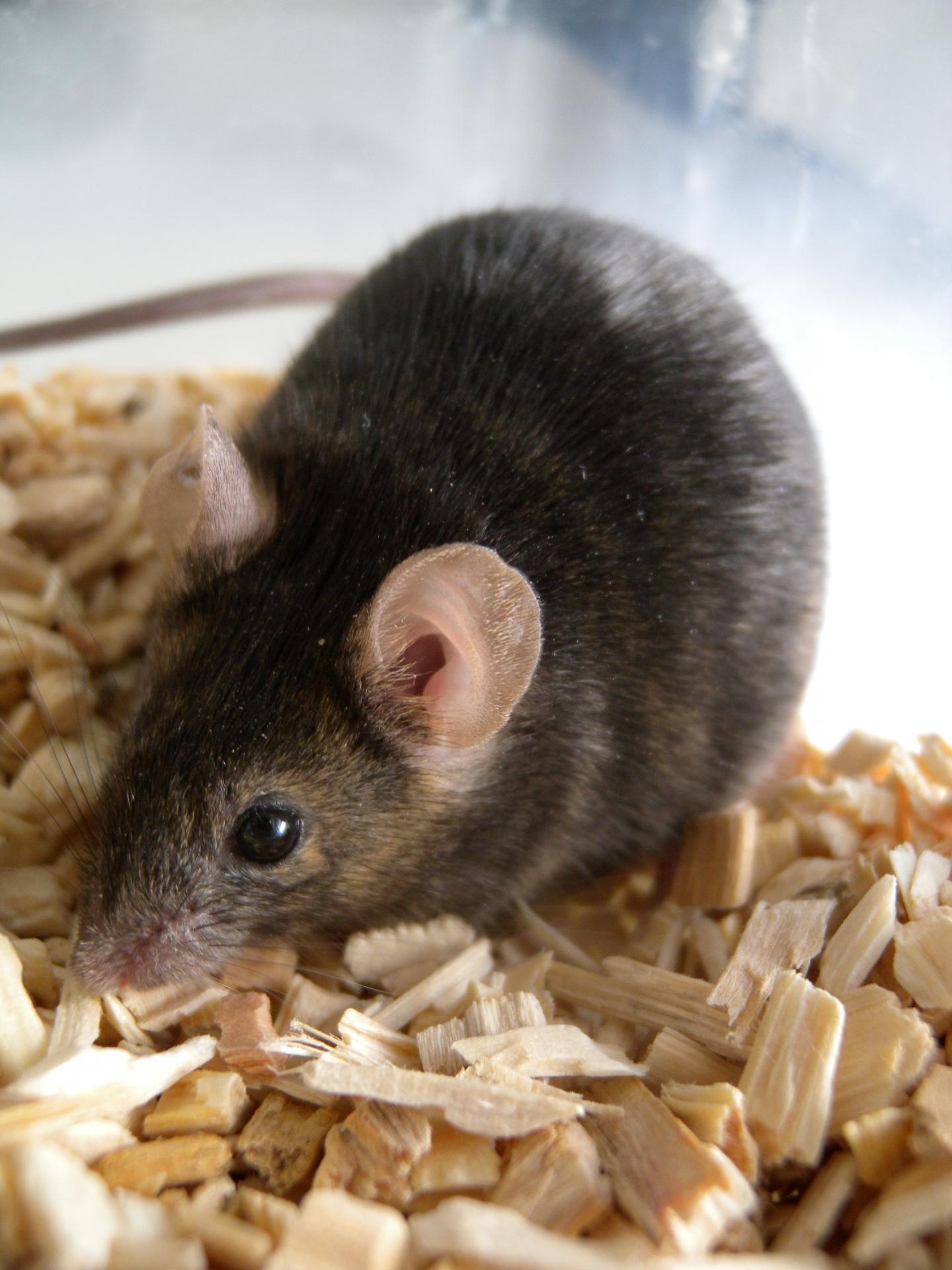A recent study in The Federation of European Biochemical Societies Journal examined the importance of the complement component 1, q subcomponent-like protein (C1QL1) in promoting replacement of oligodendrocytes, the cells that produce myelin. About 5 percent of all adult brain cells are oligodendrocyte progenitor cells. The new work is only in mice, it is in the exploratory section, but they found that by deleting the gene that codes for C1QL1 caused a delay in the rate at which oligodendrocytes mature, leading to reduced myelination of neurons.

Credit: Susanne Hammerschmid
Mice were fed a drug that destroys myelin and that delayed recovery of oligodendrocytes and myelination in mice lacking the C1QL1 protein. Causing mice to express more C1QL1, however, led to increased numbers of oligodendrocytes and more myelination upon drug withdrawal, suggesting that C1QL1 helps to restore the damaged myelin layer.
There is a long road to go between a study in mice and application in humans, only activists promote mouse models as harms or benefits in people, but if it can translate to humans it might mean that investigational therapies that boost C1QL1 hold promise against demyelinating diseases.




Comments